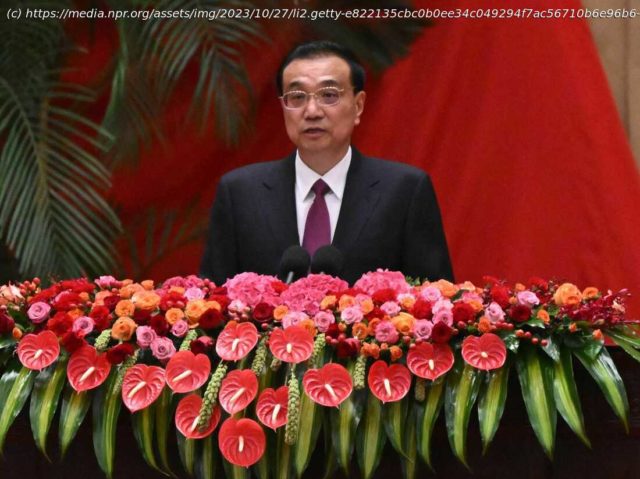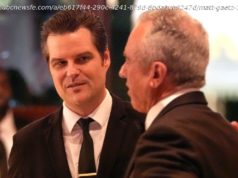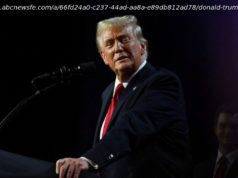Li was groomed for leadership, and was seen at one point as a contender for China’s top job, only to be pushed aside as Xi Jinping ascended.
Li Keqiang, who served as China’s premier for a decade, has died of a heart attack, according to Chinese state media. He was 68 years old and newly retired.
When Li became premier, many hoped for the best from a man who had a humble upbringing and was trained in economics. Instead, he watched the importance of the role shrivel during his tenure, as China’s top leader, Xi Jinping, amassed power.
Li’s passing marks the end of an era, according to Victor Shih, an expert on elite Chinese politics at the University of California at San Diego.
« It just spells the end of this whole big attempt to institutionalize the party, » Shih said. « He represented the hope of that institutionalization. »
After Mao Zedong died in 1976, party leaders, shaken by his destructive Cultural Revolution, developed rules and norms to try to prevent a repeat and keep any one official from gaining too much power or ruling indefinitely. Unwritten paths to promotion formed and rough retirement ages were implemented. Influential party elders also hand-picked promising technocrats for promotions; Shih says Li Keqiang was one of them.
Li was born in Anhui province and came of age in the aftermath of the political upheaval of the 1960s and 1970s. He was among the first class of students to attend college after universities re-opened following the Cultural Revolution, studying law and later economics at prestigious Peking University.
There, he rubbed shoulders with student democracy activists — but unlike them, he instead chose to join the Communist Party.






